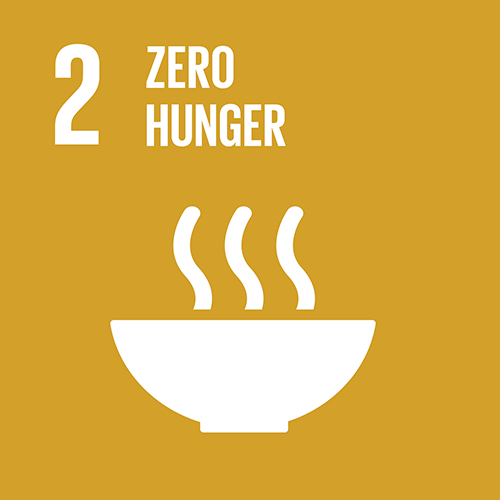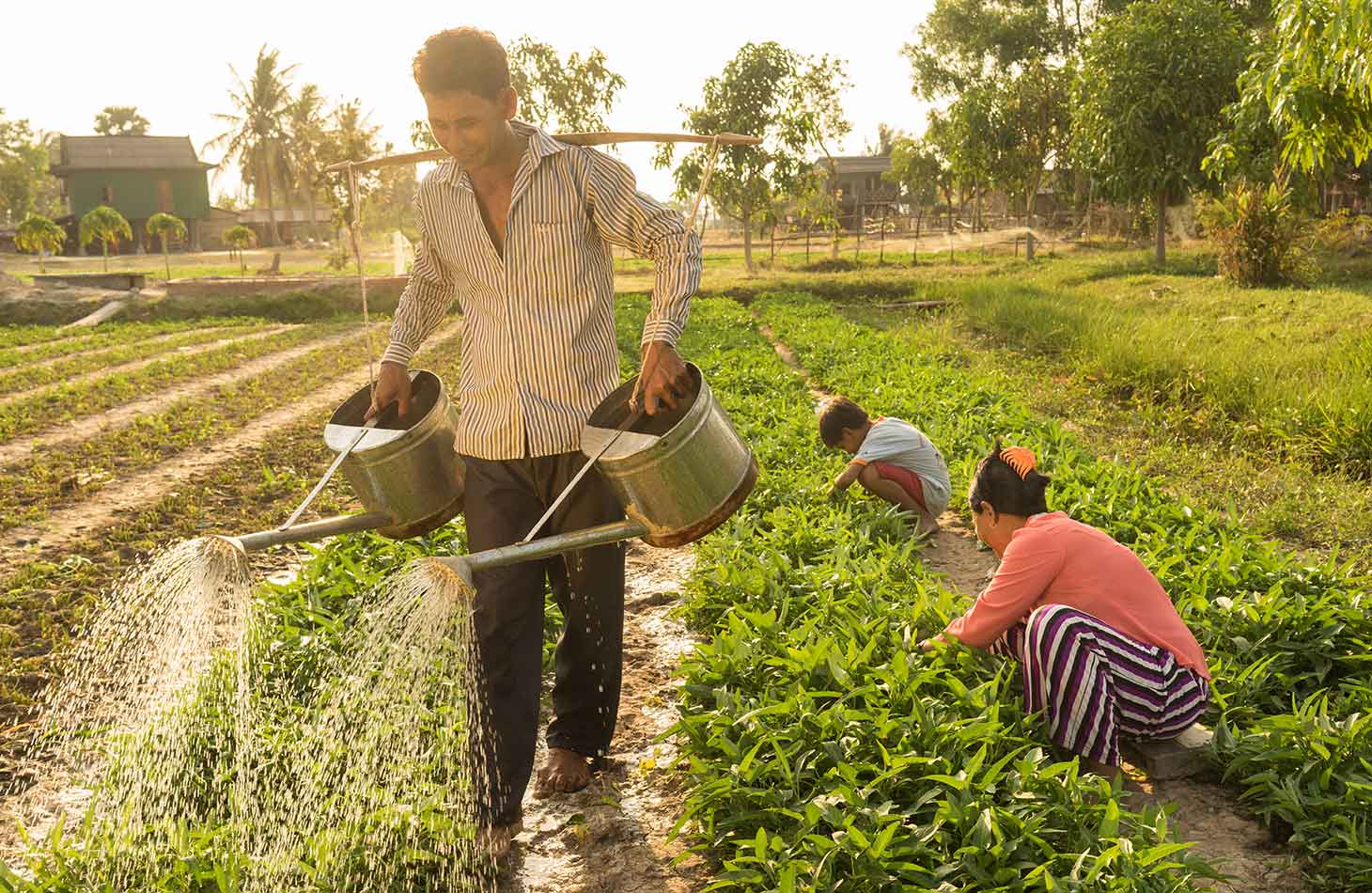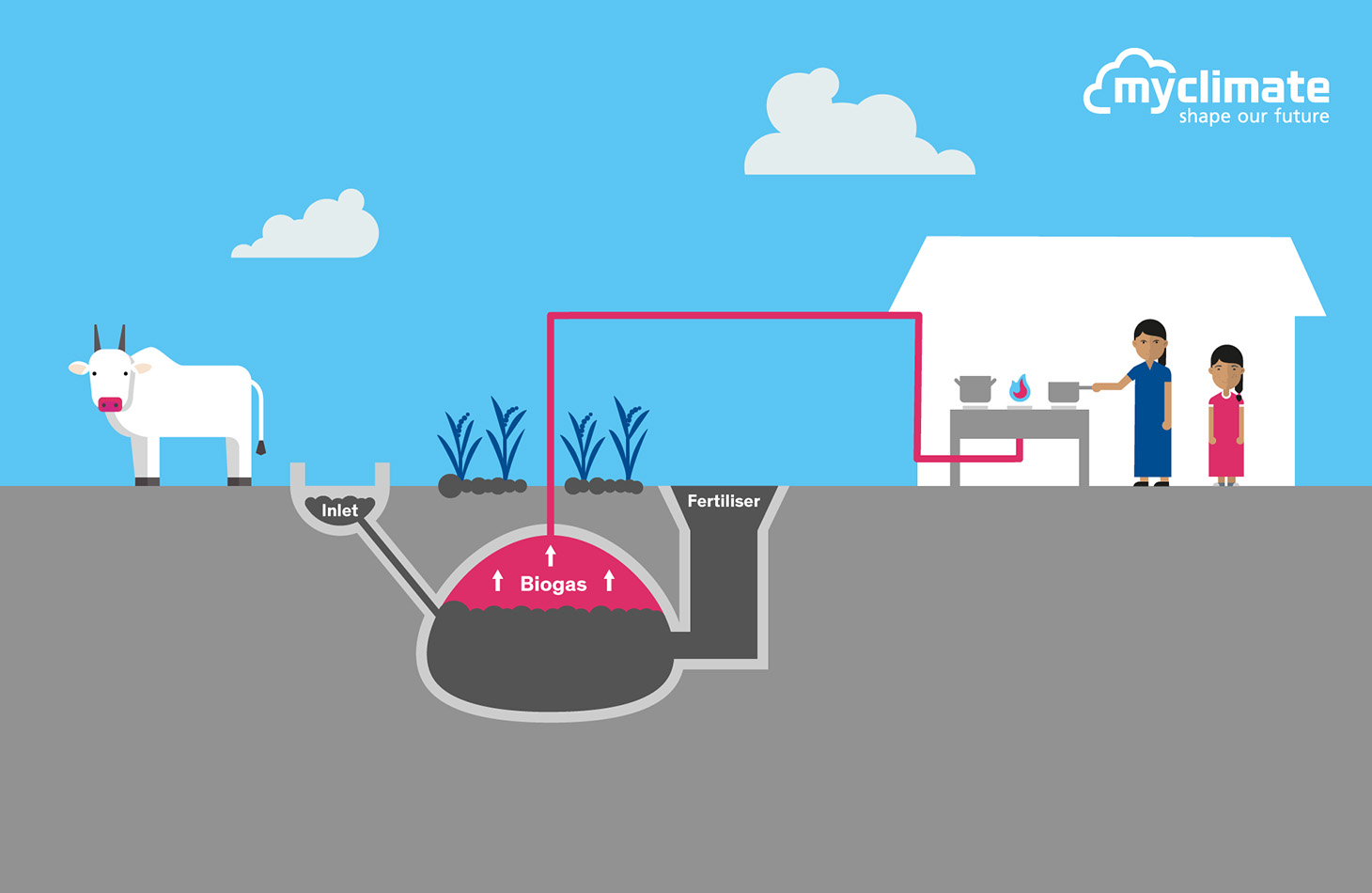Small Biogas Plants for Smoke-free Kitchen in Cambodia

Project type: Biogas
Project location: Cambodia
Project status: Completed, credits available
Annual emission reduction of the whole project: 70,000 t
In rural Cambodia, women traditionally cook on simple wood stoves. Respiratory diseases, deforestation and greenhouse gas emissions are the consequences. The programme enables families to buy small biogas plants: forests are preserved and the quality of life of the people increases.
Decades of war and uncertainty have made Cambodia one of the poorest countries in the world today. The deforestation rate has accelerated alarmingly in recent years. Cooking with wood is partly responsible for this. Over 98 per cent of households in rural Cambodia typically cook on inefficient ceramic stoves without chimney, one of the simplest and cheapest cooking technologies. As a result, women and children are exposed to high concentrations of pollutants, which can cause a number of diseases.
Previously I mixed cow manure with chemical fertilizers, but my crop yield remained low. With the biodigester however, the bio-slurry has improved the soil fertility and my crop yields are much better now, and in addition, biogas has reduced the cost of cooking too!
The installation of biodigesters addresses these problems by providing renewable and cheap energy produced by animal manure. The use of biogas for cooking is smokeless and reduces the need of firewood, thus protects the forests. The bioslurry, which remains after the biogas process, is used as organic fertilizer, increasing the crop yields considerably. The renunciation of chemical fertilizer, relieves the household budget and improves the soil structure of the fields. Cooking with biogas is smoke-free and improves the health of family members, especially women and children. The time-consuming collection of firewood is no longer necessary, time, which can be used for school or other activities. In addition, the programme offers comprehensive vocational training in the field of biogas technology and creates various employment opportunities along the supply chain.
Cambodia has a huge potential in the domestic biogas sector, with around one million households that have sufficient livestock to feed a small biodigester. The programme is a joint development of the Ministry of Agriculture, Forestry and Fisheries and the Dutch Development Organization SNV. The programme works closely with the private sector to create a sustainable biogas sector. Thanks to the income from CO₂ certificates and special microcredits, households can finance the biogas plants.
This project contributes to 10 SDGs*
*as at the end of 2021. myclimate only finances a share of this project. The following figures relate to the impact of the entire project. Find out how myclimate reports these SDGs in our FAQ.
The following SDGs are verified by the Gold Standard:
The households benefit from increased yields thanks to the application of the slurry on the fields.
27,231 biodigesters installed.
The project combats climate change.
These SDGs have been approved by myclimate:
133,000 people profit.
The project improves the health of the people thanks to decreased smoke and dust in the kitchen.
Thanks to less time spent on firewood collection, children have more time to do homework and study.
The project strengthens the position of women in the family.
2,500 jobs created.
20,230 families that use bioslurry instead of chemical fertilizer.
Over 131,000 tons of wood saved.
Situation without project
Cooking with firewood, methane emissions through cow dung, use of chemical fertilizerContribution to the SDGs




Documentations
Project standard

Project number
7207











